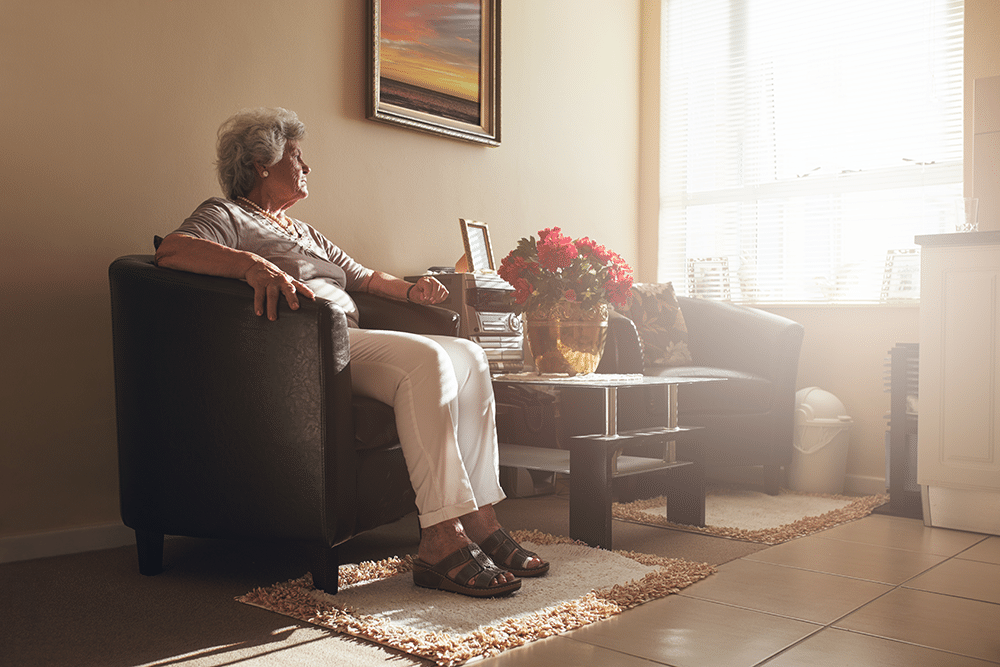A recent New York Times article detailed an increasing cohort of solo agers—those over 50 aging alone—and the physical, financial, and psychological effects of doing so. In 1960, less than 15% of households had a single occupant; that figure is nearly 30% today. Almost twice as many Americans over the age of 50 live alone today than in the year 2000. The research on this is clear: Seniors living alone have poorer physical and mental health and shorter life spans. In fact, research shows that loneliness is as damaging to physical health as smoking 15 cigarettes daily.
Because solo agers have no children, the health concerns run in tandem with worries about managing elder care in the coming decades. Considering this, solo agers should identify care and support options when they are younger and healthier, yielding more positive results.
I have the privilege of serving on the Advisory Board of Penn’s Village, a senior village in Philadelphia. These villages, in many big cities, are community-based organizations that help older adults remain in their homes by providing access to services and programs to increase social engagement. For solo agers, joining a village can provide access to an entire support network for social, physical, and mental well-being.
Another option is to volunteer. A 2020 American Journal of Preventative Medicine found that individuals volunteering at least 100 hours per year (about two hours weekly) had a reduced risk of mortality, better physical functioning, and better psychosocial outcomes, including optimism and a stronger sense of purpose.
Finally, identifying trusted advisors upon whom one can rely as needs increase is of paramount importance. This includes an accountant, a financial advisor, and an elder care law attorney. Additionally, care coordination, home-safety modifications, and end-of-life planning are essential components of successful aging.
Rothkoff Law Group’s team of Elder Care Coordinators, Elder Law Attorneys, and Client Services Coordinators is uniquely experienced at supporting solo agers. Our Unsupported Elders & Fiduciary Services practice group provides a much-needed safety net. We help and provide support for solo agers by serving as their healthcare agent, financial agent, trustee, and/or executor. By doing so, our clients can rely on a team of trusted professionals to advocate for their needs as they age.


